Some parents turn to socialmedia to punish and discipline their children by publicly shaming them.
The implications and consequences of this public shaming and humilation are serious and at times fatal.
Public humiliation videos will cause problems for young people when they apply for college and employment. It seems that parents do not realise the message; 'Post once and it's there forever' applies to their social media activity too.
It should also be noted that there have been tragic incidents where young people have taken their own lives following public shaming by their parents.
In the US there is a proposal to make parental public shaming of their children a state offence.
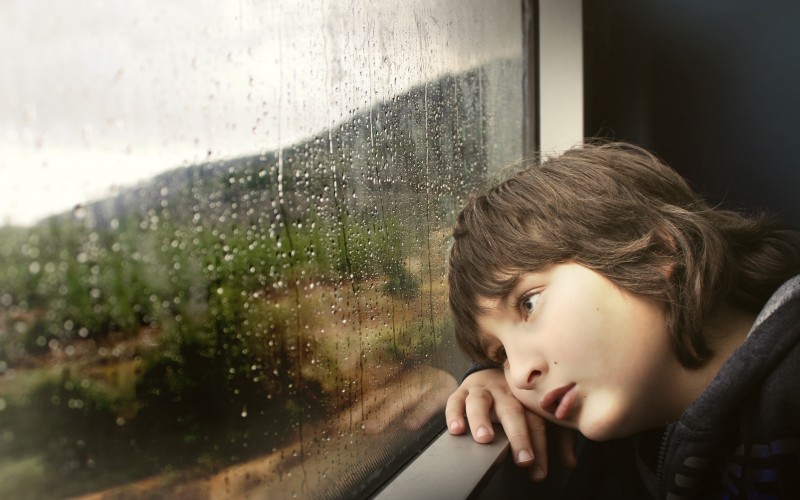
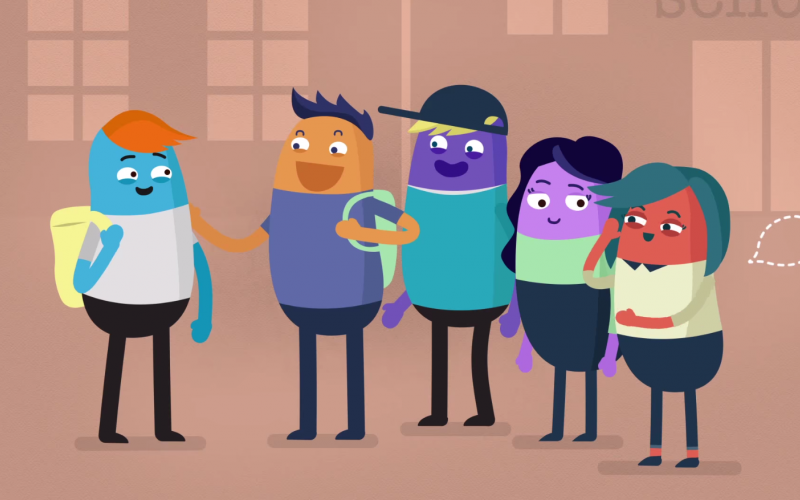

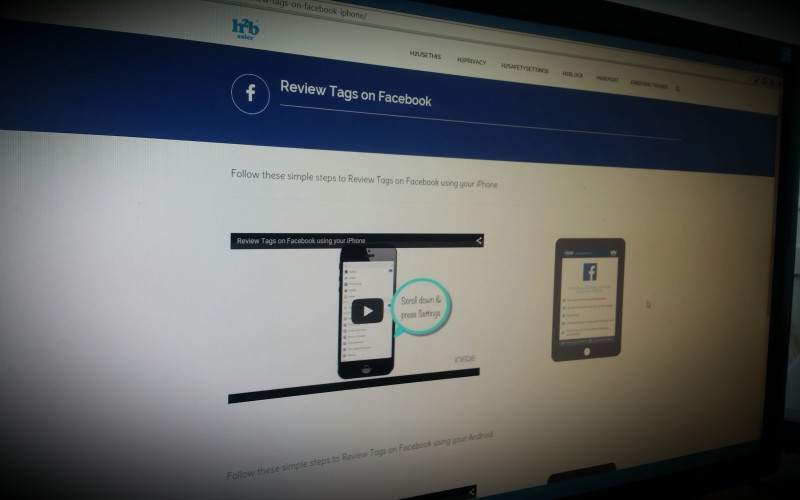
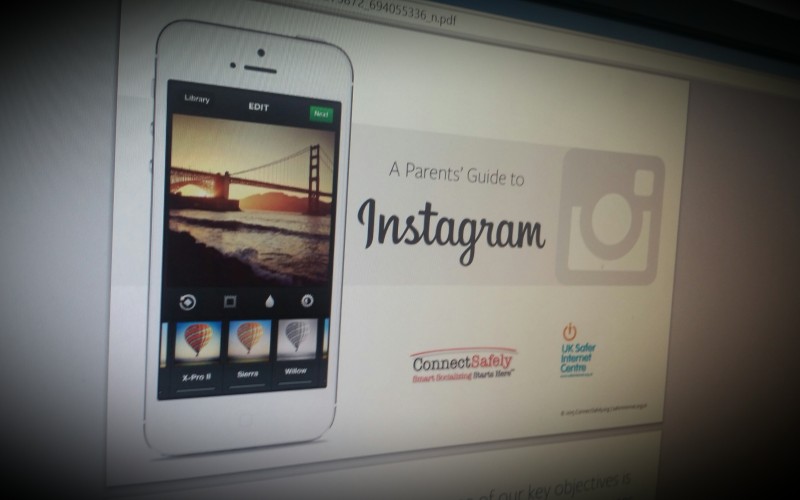
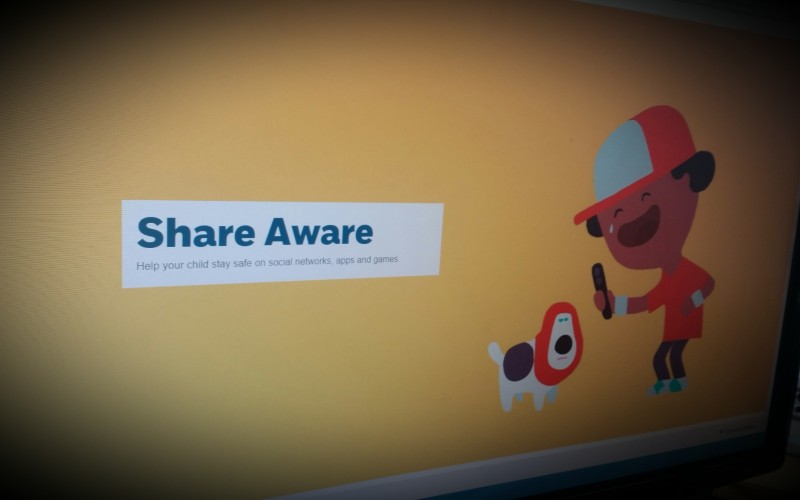
Comments
make a comment